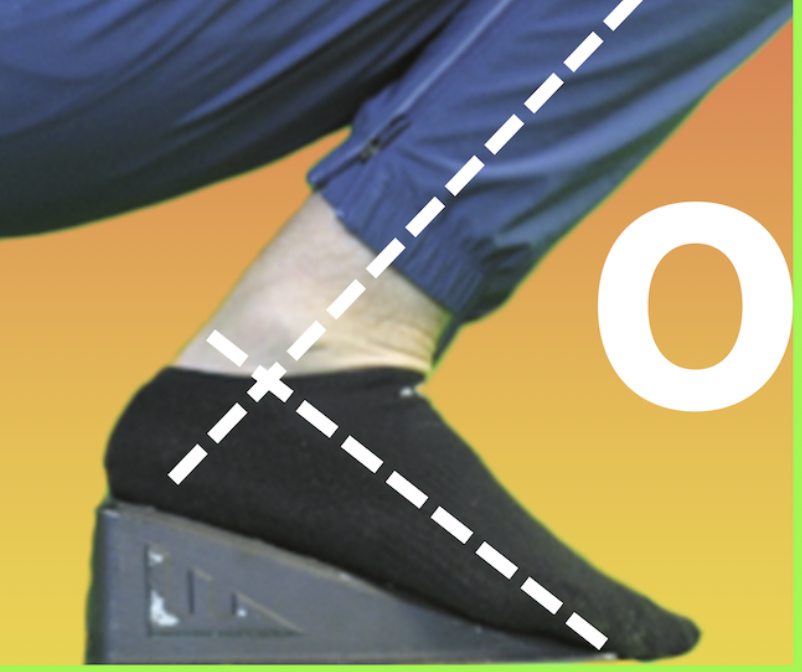Table of Contents
These movements will help you restore your foot arch
If you have a flat foot, you may notice you also present with some of the following things:
- Feeling “stuck” in an anterior pelvic tilt/deep low back arch
- Your knees cave in during many movements
- You experience shin or knee pain (see this meta-analysis)
Orthotics unfortunately aren’t working the way you thought they would either.
Is there a conservative way to improve foot dynamics?
YES!
Choosing exercises that help the foot arch rise can be KEY to improving your foot dynamics.
And guess what? NONE of them entail picking up marbles or curling your toes.
Watch the video and read the post below to learn about it.
How flat feet relate to gait
As we walk, the foot goes through a natural arching and flattening progression.
The arching action is supination, and the flattening action is pronation.
During the stance phase of gait, the foot changes its shape in the following manner:

1. Early stance – supination
2. Mid stance – pronation
3. Late stance – supination
Because flat feet are pronated, they are biased towards meet stance. During this gait phase, internal rotation is produced.
Restoring the arch in a flat foot
We want to provide flat feet with what they don’t have–supination. That means we’ll emphasize activities associated with early and late stances.
Early stance activities are the easiest to teach, which contain the following actions:
– Ankle plantarflexion
– Leg external rotation
– Sacral counternutation
– Weight is more heel heavy
The easiest way to make ANY exercise hit these actions is by adding a ramp

or Olympic lifting shoes.

This is regardless of whether it’s a lower-body exercise:
Or an upper-body exercise:
Exercises that restore the arch in a flat foot
Squats, high-depth split squats, and moving backward would emphasize these actions.
Being chill on how much the tibia moves forward would also fit the bill. You’ll achieve this tactic by starting exercises at a more negative shin angle.
For example, you might bias your split squat like so:
Or for conditioning, retro sled drags would elicit a similar effect:
You could even apply these concepts to plyometrics. Anything, where you are jumping backward, forces the foot to supinate. Start someone on a ramp? GAME OVER. One of my favorite moves that apply this concept is a retro bound:
Sum up
If you perform these actions, you’ll supinate with the best of ’em and improve your flat foot.
To recap:
– Flat feet are biased towards mid-stance of gait and internal rotation
– Improving flat feet entails driving early stance activities and external rotation
– Using ramps, squat-like exercises, and backward movement can encourage early stance
Did these activities help how often your foot flattens? Comment below and let us know!

